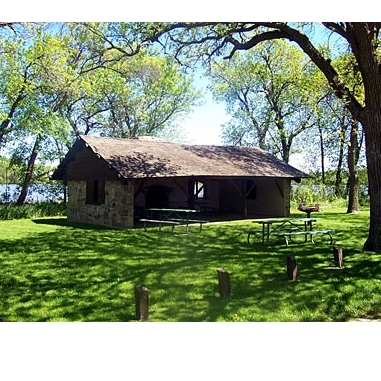Trying to buy a house but need to have it cheap to turn it better yourself? Or you just don’t have the funds as of now, which is why you came across REO and short sale homes? You are thinking yes, as long as the price is right and you are indeed right but there is a catch.
Homes like REO and short sales are below market price and the reason for that is they have issues to start with. Which will be a challenge for you later on.
What Is an REO?
REO stands for Real Estate Owned. It’s a home that has gone through the foreclosure process and is now owned by the bank or mortgage lender. No one bought the home at auction, so the bank took it back and is now trying to sell it.
Even though the bank is the seller, the home is often listed on the MLS, just like any other property. These homes are usually sold as-is, meaning the bank won’t fix anything before you buy it.
Why Do REOs Happen?
- The homeowner missed too many mortgage payments.
- The home was foreclosed on.
- It didn’t sell at auction.
- The bank now owns it and wants to get it off their books.
What to Expect with REOs:
- You’ll work with a real estate agent to make an offer.
- The bank usually doesn’t negotiate much on price or repairs.
- You can still do inspections and get a loan.
A Real-Life Example:
Let’s say a family couldn’t make their mortgage payments anymore. The bank foreclosed on the home, but no one bought it at the courthouse auction. Now the bank owns it and lists it for sale through an agent.
What Is a Short Sale?
A short sale happens when a homeowner still owns the home, but they owe more money on the mortgage than the home is worth. They ask the bank for permission to sell the home for less than what they owe—that’s the “short” in short sale.
The bank has to approve the deal before it goes through.
Why Do Short Sales Happen?
- The homeowner is struggling financially.
- The housing market has dropped, and the home lost value.
- The seller wants to avoid foreclosure.
What to Expect with Short Sales:
- The homeowner still lives in the house.
- You’ll make an offer, but then the bank must approve it.
- The process can take a lot longer than a regular sale.
A Real-Life Example:
A homeowner owes $275,000 on a home that’s now worth only $240,000. They list it for $240,000 and find a buyer. The deal only closes if the bank agrees to accept less than the full amount owed.
How REOs and Short Sales Are Different
While both involve distressed homes, the process, timeline, and ownership are very different.
|
|
|
|
|
|
|
|
|
|
|
|
|
|
|
|
|
|
|
|
|
|
|
|
|
|
|
|
Pros and Cons of REOs
Pros:
- Priced below market value
- Less emotional sellers (banks are more business-like)
- No need for cash (traditional mortgages are allowed)
Cons:
- Often need repairs
- May have been vacant for a long time
- “As-is” condition—no room for asking for fixes
- Banks may take longer to respond
Pros and Cons of Short Sales
Pros:
- May be in better shape than an REO
- Can still negotiate with the seller directly
- Often priced below market
Cons:
- Slow process (may take 2–6 months or more)
- Bank may say “no” even after a good offer
- Seller must still be cooperative
- You need to be flexible with your move-in timeline
Things to Keep in Mind
If you're thinking about buying an REO or a short sale property, it's important to stay patient, get pre-approved for a mortgage, and work with a real estate agent who understands the process.
These types of properties are not your average home purchase. There’s paperwork, delays, and extra steps. But if you have the time and guidance, they can also be great opportunities to buy below market value.
Ready to Buy Smart?
At RE/MAX Lakes Realty, we help buyers just like you every day—whether you’re looking at short sales, REOs, or just need guidance on the best deal in the area. Our team is experienced, responsive, and ready to help you navigate the process.
Let’s have a conversation. Whether you’re just curious or ready to buy, we’re here to make it simple.








